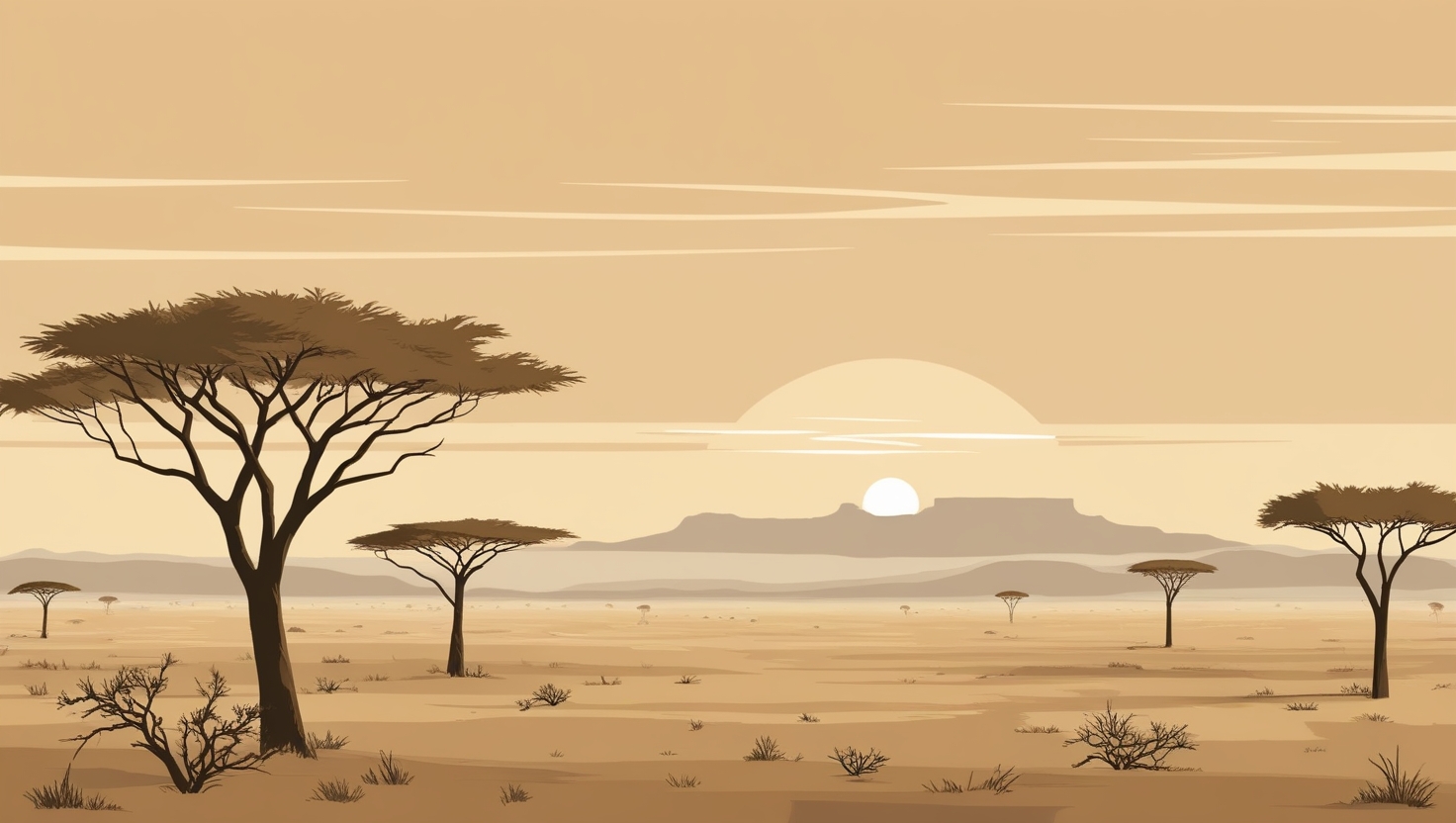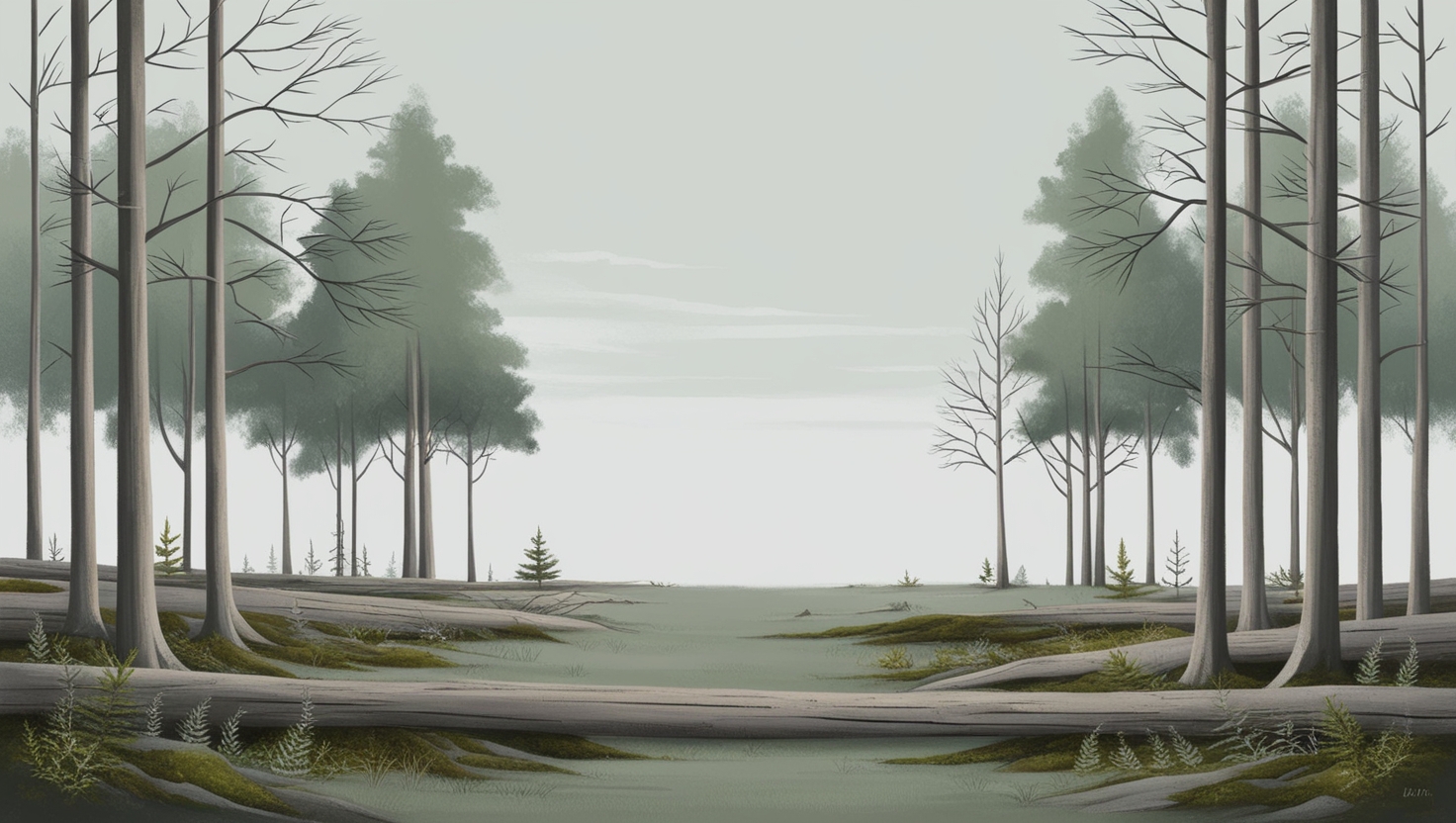The story of humanity is not just a tale of evolution; it is a saga that begins in the heart of Africa. As we gaze at the diverse tapestry of life that blankets our planet, we often wonder about our origins. Where did we come from? What led us to explore the far corners of the Earth? This exploration delves into the rich history of human evolution, the archaeological treasures of Africa, and the scientific evidence that supports the notion that Africa is indeed the cradle of humanity.
The Birth of Humanity: A Geological Perspective
To understand the origins of life, we must first journey back in time—about 4.5 billion years ago, when our planet was formed. The early Earth was a hostile environment, characterized by volcanic activity and a thick atmosphere laden with gases. As conditions began to stabilize, water accumulated in the form of oceans, providing the essential ingredient for life. But when did this life begin?
Scientists believe that life started in the oceans around 3.5 billion years ago, with the emergence of simple single-celled organisms. These microorganisms were the pioneers of life, setting the stage for the complex ecosystems that would follow. The fossil record shows that these early life forms evolved over millions of years, giving rise to more intricate organisms, including plants and animals.
The African Genesis: Fossils Tell the Tale
Fast forward to approximately 6 million years ago, when our ancestors began to diverge from the common lineage shared with chimpanzees. The African continent serves as a vast archaeological treasure chest, revealing an incredible array of fossils that chronicle the journey of human evolution. The discovery of Sahelanthropus tchadensis, for example, in Chad, marked a significant milestone as it is considered one of the oldest known species in the human lineage, dating back about 7 million years.
Further south, in Ethiopia, the discovery of Australopithecus afarensis, famously known as “Lucy,” captured the world’s attention. This remarkable 3.2-million-year-old skeleton provided invaluable insights into bipedalism, showcasing how our ancestors adapted to their environment. Lucy’s fossil, along with others like Ardipithecus ramidus, illustrates the evolutionary steps that led to the development of modern humans.
In addition to these pivotal finds, researchers have unearthed numerous other fossils, such as Homo habilis, Homo erectus, and Homo naledi, each contributing unique pieces to the complex puzzle of our evolution. The genetic diversity and richness of fossils in Africa support the hypothesis that this continent is where the first hominins emerged.
The Out of Africa Theory: A Migration Saga
The narrative of human origins does not end with the emergence of our ancestors in Africa. Approximately 60,000 to 70,000 years ago, a group of Homo sapiens set out from Africa in search of new territories. This phenomenon is known as the “Out of Africa” theory, which posits that modern humans migrated out of Africa, replacing local populations of archaic humans in Europe and Asia.
Evidence supporting this theory includes mitochondrial DNA studies, which trace maternal lineages back to a common ancestor in Africa. Geneticists have mapped the journeys of these early humans as they adapted to diverse climates and environments. From the icy tundras of Europe to the lush landscapes of Asia, these intrepid explorers developed unique traits and cultures, ultimately leading to the rich tapestry of humanity we see today.
The Cultural Significance of African Origins
The significance of Africa as the cradle of humanity extends beyond biological and archaeological evidence. It resonates deeply with cultural narratives and identities. Africa is home to a plethora of indigenous tribes, each with its unique languages, traditions, and histories. These cultures bear witness to the resilience and ingenuity of human beings who have thrived in diverse environments for millennia.
The ancient civilizations of Africa, such as those in Egypt, Nubia, and the Kingdom of Aksum, highlight the continent’s role in shaping human history. These societies made significant contributions to philosophy, mathematics, architecture, and the arts, influencing cultures far beyond their borders.
Modern Research and Discoveries
In recent years, advancements in technology have revolutionized our understanding of human origins. Genetic studies, including ancient DNA analysis, have provided deeper insights into our ancestry. For instance, researchers have sequenced genomes from ancient bones, revealing the intricate relationships between different hominin species. These discoveries have shed light on how early humans interacted, competed, and interbred with Neanderthals and Denisovans, enriching our genetic heritage.
Furthermore, new archaeological techniques, such as ground-penetrating radar and 3D scanning, have enabled scientists to uncover previously hidden artifacts and fossils. Sites in Kenya, Tanzania, and South Africa continue to yield significant finds, reaffirming Africa’s status as the birthplace of humanity.
The Global Perspective
While Africa is undeniably the cradle of humanity, it is essential to recognize that human history is a global narrative. As Homo sapiens migrated and settled in various parts of the world, they carried with them their cultures, ideas, and innovations. This intermingling of knowledge led to the development of diverse societies and technological advancements.
Today, as we confront global challenges such as climate change, social inequality, and conflict, understanding our shared origins in Africa can foster a sense of unity and interconnectedness. It serves as a reminder that despite our differences, we all belong to a single human family with a common heritage.
Conclusion: A Journey of Discovery and Connection
The question of whether life started in Africa is not merely a scientific inquiry; it is a profound exploration of our identity and connection to one another. From the earliest microorganisms to the rich tapestry of cultures that populate our planet today, the story of humanity is an intricate web of evolution, migration, and adaptation.
As we continue to unearth the secrets of our past, we are reminded of the resilience and ingenuity that define the human spirit. The journey of life that began in Africa has spread across continents, enriching our global community. Embracing this shared heritage can inspire us to work together towards a brighter future, united by the knowledge that we are all part of the same extraordinary story.







